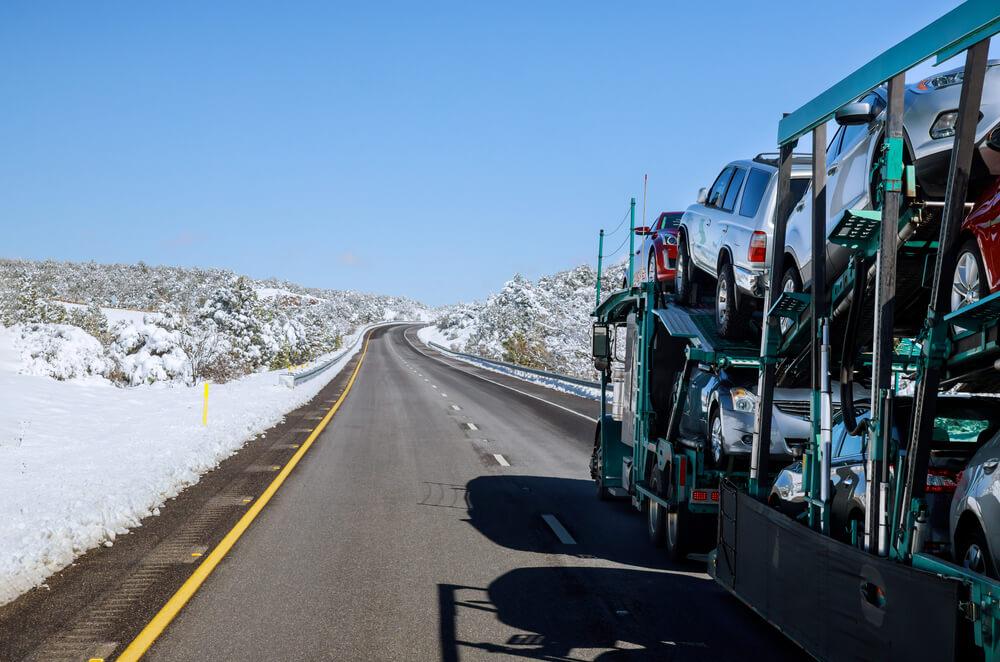
Transporting a car from California to New York varies in cost, depending on the specific locations involved. For instance, shipping from Los Angeles to NYC costs approximately $1349 for 2789 miles. Similarly, moving a car from San Francisco to Albany is around $1499 for 2995 miles, and from San Diego to Long Island City, the cost is $1499 for 2900 miles. Shipping from Long Beach to Brooklyn is priced at about $1400 for 2798 miles.
The cost of car transportation from California to New York depends on the start and end points. Shipping a vehicle from Los Angeles to NYC typically costs $1349 over a distance of 2789 miles. From San Francisco to Albany, the price rises to $1499 for a 2995-mile journey, while the route from San Diego to Long Island City also costs $1499 for 2900 miles. Additionally, transporting a car from Long Beach to Brooklyn is around $1400 for 2798 miles. These costs are influenced by factors such as distance, vehicle size, and service type.
Factors Influencing Car Transportation Costs
Car transportation costs depend on several factors. Distance is a major factor. Short-distance vehicle transport is cheaper than long-distance—simple rule: farther destination, higher cost. Longer trips use more fuel, time, and tolls.

Vehicle size and weight also affect cost. Heavy vehicles use more fuel because they move more. For safe transportation, larger vehicles may require special arrangements or equipment, increasing service costs. Small, lightweight vehicles cost less to transport than larger, heavier ones.
Distance and Its Impact on Pricing
Distance is a major factor in car transportation costs. Vehicle transportation distance directly affects service cost. This is mostly due to fuel costs, vehicle wear, and the time required for longer trips.
Distance and price are not linear. Shorter transport distances have higher per-mile costs due to fixed overhead costs that occur regardless of journey length. The time and effort needed to arrange and execute a car pick-up and drop-off remains relatively constant, whether the trip is a few miles or several states. Thus, per-mile costs are higher for shorter trips.
The Role of Vehicle Size and Weight
In the logistics of car transportation, the size of the vehicle plays a fundamental role in determining the cost of the services. Larger vehicles generally consume more space on a carrier's trailer. This not only limits the number of cars that can be transported at once but also increases the fuel consumption of the transporter's vehicle. Therefore, shipping larger vehicles such as SUVs or trucks often incurs an increased cost compared to smaller cars like sedans or compact cars.
Similarly, the weight of the vehicle influences the overall transportation costs. Heavier vehicles require more energy to move, increasing the fuel expenses for the carrier's vehicle. Additionally, strict regulations imposed by the Department of Transportation limit the total weight a truck can carry. Thus, transporting a heavier vehicle might mean fewer slots for other vehicles on the same truck, indirectly affecting the price of transportation.

Frequently Asked Questions
The size and weight of a vehicle significantly affect the cost of transportation. Larger, heavier vehicles take up more space on the transport trailer and require more fuel to transport, leading to higher costs.
Yes, the cost of car transportation services can greatly vary depending on the distance. The longer the distance, the higher the cost due to the increased fuel consumption and time involved in the transportation.
Several factors influence car transportation costs. These include the size and weight of the vehicle, the distance of transportation, the type of transport service chosen (like open or enclosed trailer), and the current fuel prices.
Yes, you can reduce transportation costs by being flexible with your pick-up and delivery dates, choosing open transport over enclosed transport, which is more expensive, and reducing the weight of your vehicle by emptying it of non-essential items.
Generally, smaller vehicles are cheaper to transport because they take up less space on the transport trailer and require less fuel to move. However, other factors such as distance, type of transport service, and fuel prices also play a role in the total cost.






 Share on Facebook
Share on Facebook Share on LinkedIn
Share on LinkedIn Share on Twitter
Share on Twitter




 Google
Google  Instagram
Instagram  Trustpilot
Trustpilot 



